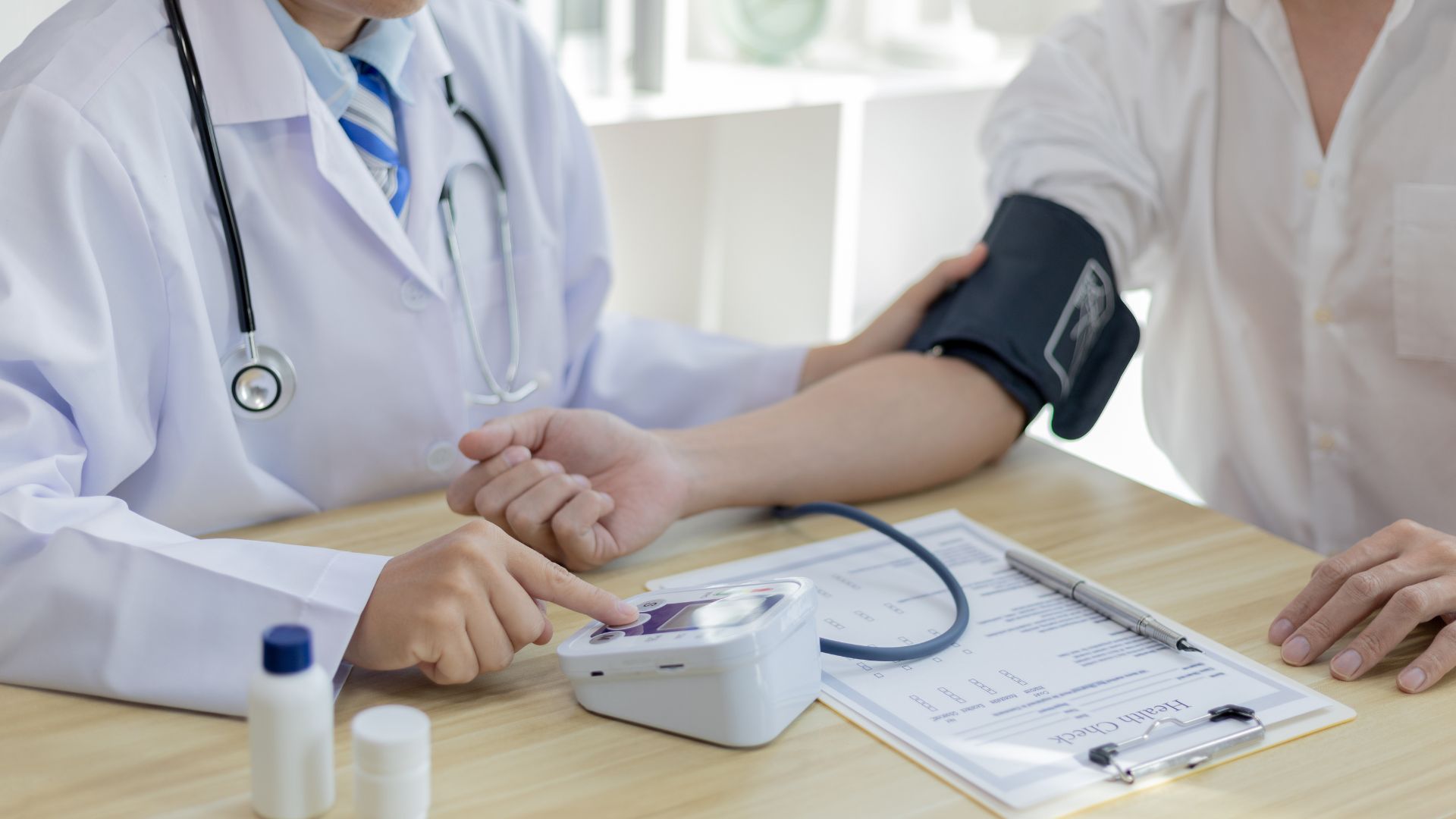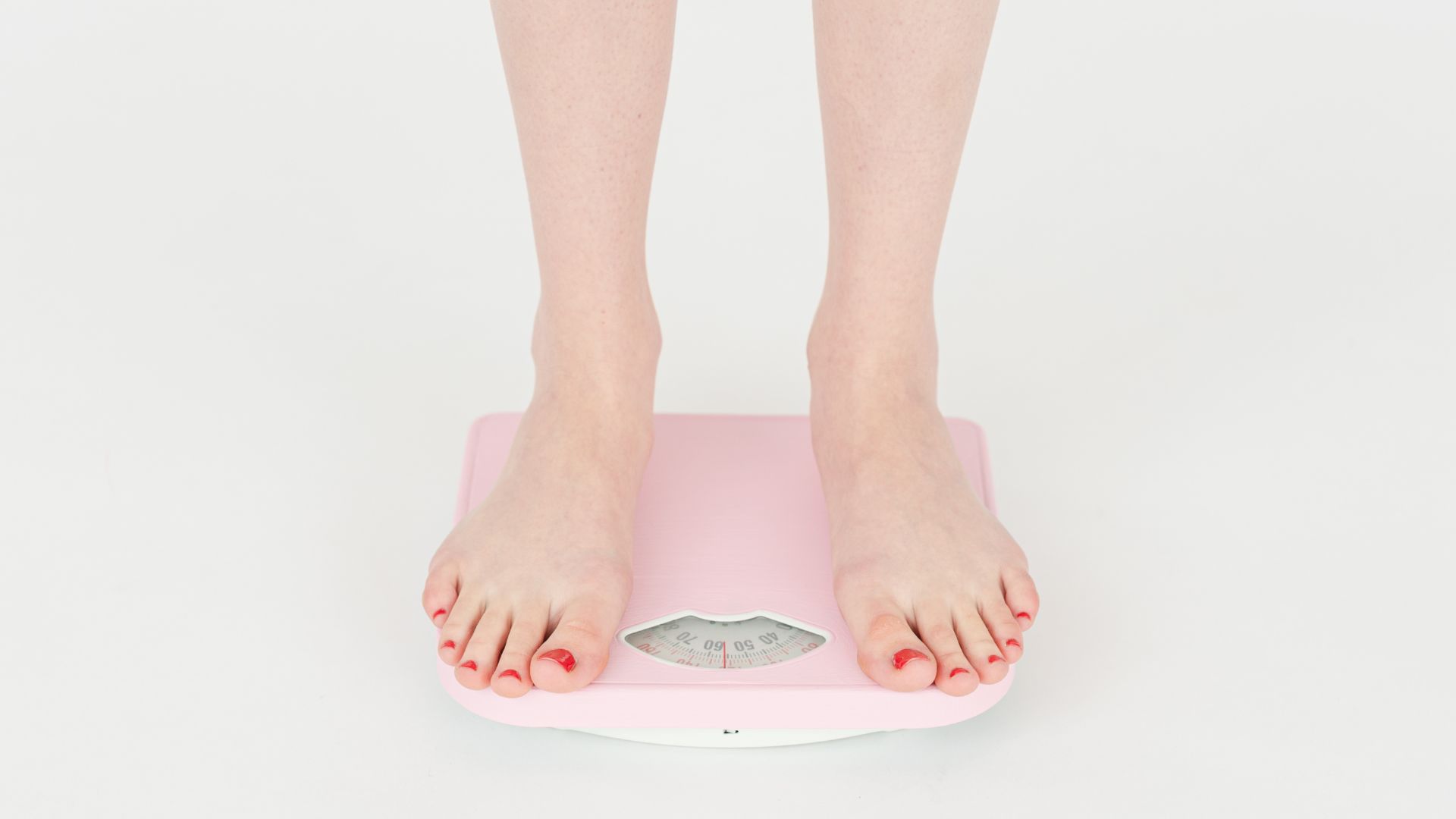Characterized by a permanent excess of sugar in the blood, diabetes can result from genetic and environmental factors acting in concert. Due to an incredible increase in the number of patients, experts today speak of an epidemic.
All over the world:
- There are more than 100 million diabetics.
- About 2.8% of the adult population is affected.
- Between 6 and 10% of the American population is affected. Black, Indian and Hispanic minorities are the most affected.
- DID (Insulin-Dependent Diabetes) is not distributed evenly throughout the world. France is among the countries where the rate is quite low. Finland has a rate 3 times higher than France, China and Japan have lower rates.
- There is half as much NIDDM (non-insulin-dependent diabetes) in active rural populations as in sedentary urban populations.
- It is estimated that there are 300 pancreatic islet transplants and 7,000 pancreas transplants performed so far, which have been successful to some extent.
- In all forms, the prevalence of diabetes in the population increases rapidly from age 45 to peak between 55 and 75 years. The aging of the population makes it possible to predict a significant increase in the number of elderly diabetic patients.
- Prospects announce for the year 2025 a figure of 300 million diabetics, or 5.4% of the world population.
Diabetes is now one of the top five causes of death in many Western countries. More than 75% of the risks attributable to diabetes result from obesity.
To prevent the onset of type 2 diabetes, the main weapon is a change in lifestyle by focusing on a balanced diet and regular physical activity. In addition, these simple measures have additional benefits that go far beyond diabetes: reducing obesity, lowering blood pressure, lowering cholesterol levels, and improving quality of life.
Do you want a diabetology check-up?
Our standard examination includes:
- 2 hour-long consultations with a diabetes specialist
- Blood samples, testing for: urea concentration , creatinine levels, general cholesterol levels, triglyceride, density of lipoprotein cholesterol, glutamate transferase, aminotransferase, alkaline phosphatase, gamma-glutamin transferase, haemoglobin levels, glucagon and thyrotropin levels); as well as for proteins and creatinine in urine
- Depending on what stage the diabetes is at, an additional consultation and tests with an ophthalmologist can be arranged
Following the results of the checkup we can offer our specific diabetes cures using high levels of iv alpha-lipoic acid + antioxidants complex
Duration: 5 days.








